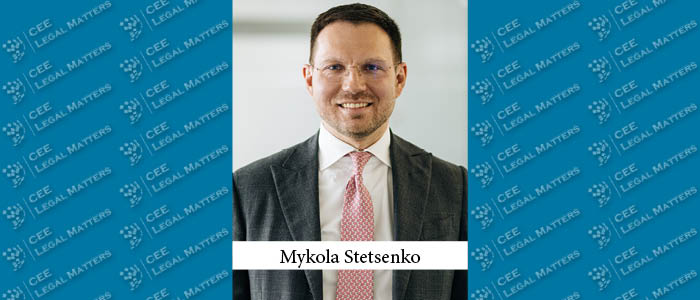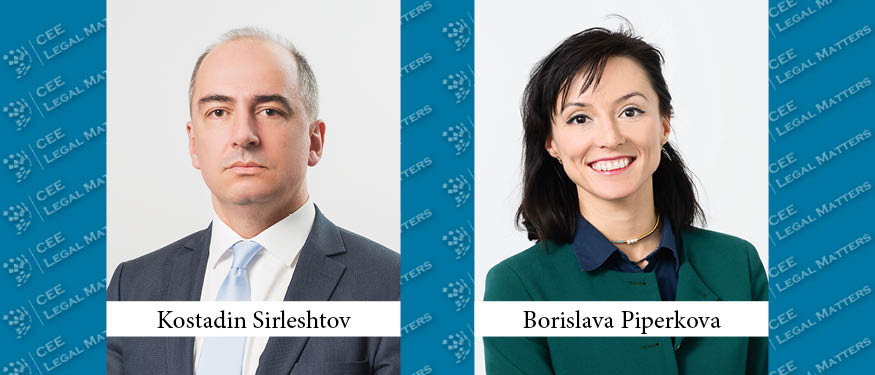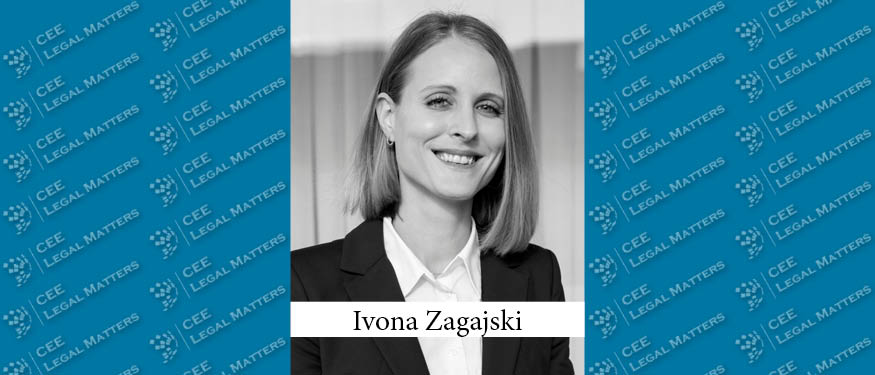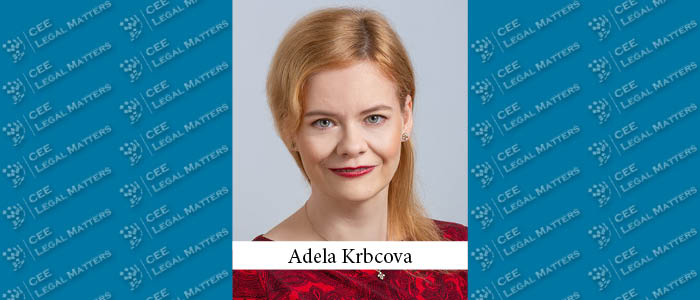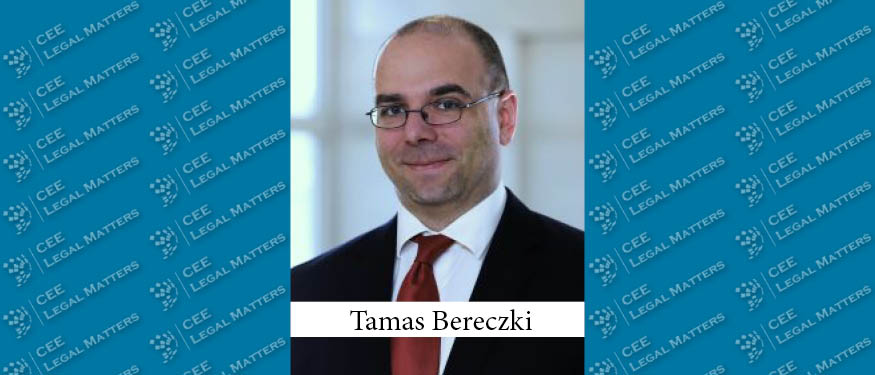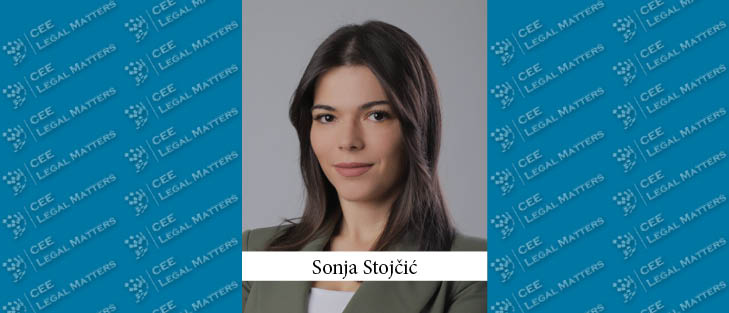Drakopoulos Senior Associate Sofia Angelakou talks about M&A in Greece in 2025.
An Outlook on 2025: M&A in Hungary
Forgo, Damjanovic & Partners Partner Zoltan Forgo talks about M&A in Hungary in 2025.
An Outlook on 2025: M&A in Moldova
Vernon David Partners Sergiu Bivol and Roman Ivanov talk about M&A in Moldova in 2025.
An Outlook on 2025: M&A in Ukraine
Avellum Managing Partner Mykola Stetsenko talks about M&A in Ukraine in 2025.
An Outlook on 2025: Dispute Resolution in Hungary
Jalsovszky Partner Tamas Feher and Managing Associate Peter Szilas talk about dispute resolution in Hungary in 2025.
An Outlook on 2025: Dispute Resolution in North Macedonia
Law Office Lazarov Attorney At Law Anja Stefanovska talks about dispute resolution in North Macedonia in 2025.
An Outlook on 2025: Energy in Bulgaria
CMS Sofia Managing Partner Kostadin Sirleshtov and Counsel Borislava Piperkova talk about energy in Bulgaria in 2025.
An Outlook on 2025: Energy in Croatia
Marohnic, Tomek & Gjoic Attorney at Law Ivona Zagajski talks about energy in Croatia in 2025.
An Outlook on 2025: Energy in Serbia
JPM & Partners Senior Partner Jelena Gazivoda talks about energy in Serbia in 2025.
An Outlook on 2025: Energy in Slovakia
Eversheds Sutherland Managing Partner Bernhard Hager talks about energy in Slovakia in 2025.
An Outlook on 2025: ESG in Hungary
DLA Piper Hungary Senior Associate and ESG Practice Coordinator Dora Dranovits talks about ESG in Hungary in 2025.
An Outlook on 2025: Labor in the Czech Republic
Peterka & Partners Partner Adela Krbcova talks about labor in 2025 in the Czech Republic.
An Outlook on 2025: Labor in Poland
Wolf Theiss Counsel Agnieszka Nowak-Blaszczak and Associate Oliwia Pecht talk about labor in 2025 in Poland.
An Outlook on 2025: Real Estate in Montenegro
Komnenic & Partners Managing Partner Milos Komnenic and Partner Nemanja Radovic talk about real estate in 2025 in Montenegro.
An Outlook on 2025: TMT in Croatia
MGG Law Partner Dino Gliha talks about TMT in 2025 in Croatia.
An Outlook on 2025: TMT in Poland
Linklaters Warsaw Head of TMT/IP Szymon Sieniewicz talks about TMT in 2025 in Poland.
Guest Editorial: Witnessing the Digital Transformation in CEE as an Attorney-at-Law (and More)
When I was invited by the CEE Legal Matters team to write a guest editorial for the CEE Legal Matters magazine, I was initially perplexed, as my career path has been far from traditional. Upon deeper reflection, though, having a second profession alongside a law degree offers unique advantages, particularly when combined with the opportunity to provide both legal and business consultancy services, such as information security consultancy.
The Corner Office: Off The Partnership Track
In The Corner Office, we ask Managing Partners at law firms across Central and Eastern Europe about their backgrounds, strategies, and responsibilities. This time around we asked: If you have a formal partnership track, how do you handle lawyers on it who do NOT end up living up to the requirements to make a Partner?




